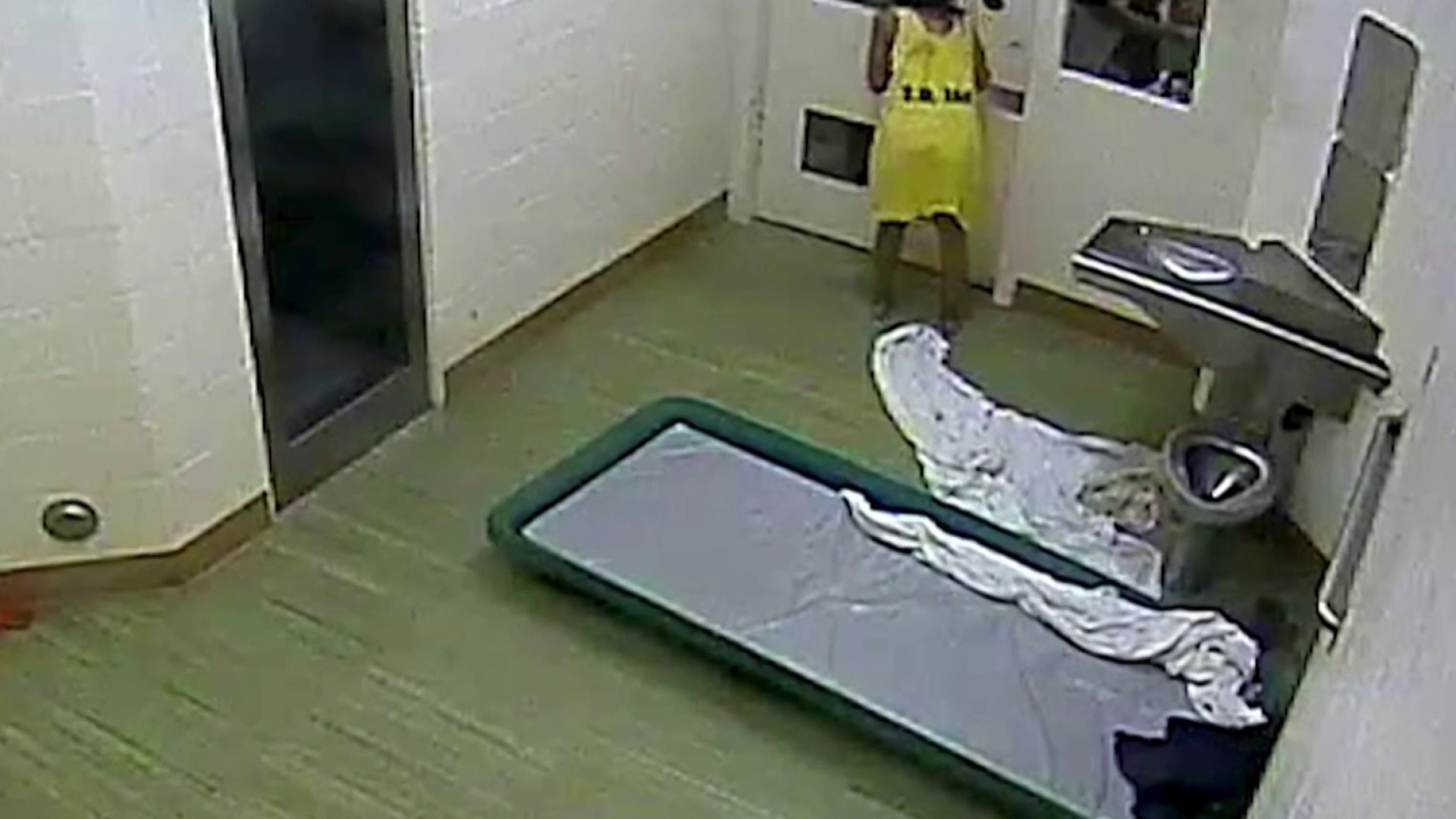California's budget woes could cut a third of the agents from a little-known unit that has played a key role in high-profile cases like Anna Nicole Smith's overdose death and the arrest of murderer Scott Peterson.
State budget negotiators have proposed cutting $20 million from the Bureau of Narcotics Enforcement, on top of $12 million in previous cuts from the bureau.
Attorney General Jerry Brown, a Democrat whose department oversees the narcotics bureau, said the cuts would lead to layoffs for nearly a third of its 187 agents.
"It's a terrible budgetary decision," Brown said. "The Bureau of Narcotics enforcement has some of the best-trained agents in the world that are going after drug cartels, that are providing assistance to local law enforcement agencies," Brown said.
Without the bureau's help, the local agencies will be outmanned and outgunned, he said. The agency, part of the California Department of Justice, works under the radar, he said, with plainclothes agents operating in a dangerous underworld.
But Senate Budget Committee Chairwoman Denise Ducheny, D-San Diego, said lawmakers have little choice. The state faces a projected $24.3 billion budget deficit and already is making billions of dollars in cuts to education, health care, welfare and other social programs.
The proposed cuts are contained in the Democratic budget plan being considered by the Legislature.
Local
The bureau was created during Prohibition, in 1927, predating the U.S. Drug Enforcement Administration by nearly half a century. In recent years, its focus has been on stamping out large-scale methamphetamine and marijuana operations.
The bureau has also become expert in electronic surveillance and tracking fugitives.
Agents used those skills to help arrest Scott Peterson, who is awaiting execution for killing his pregnant wife and unborn child on Christmas Eve 2002. Authorities feared the Modesto fertilizer salesman was about to flee from San Diego to Mexico after he grew a beard and colored his hair blond.
Also, a two-year investigation by state and federal narcotics agents led to charges in March against two Los Angeles doctors and the lawyer-turned-boyfriend of Anna Nicole Smith. The former Playboy centerfold died in Florida of an accidental overdose of a sleeping medication and at least eight other prescription drugs.
And in years past, bureau agents helped investigate the Hells Angels, which agents said was once one of the state's major methamphetamine-trafficking organizations.
Brown said the layoffs would severely hamper, if not eliminate, 51 multi-agency task forces operating throughout California. Those task forces -- which the bureau coordinates -- track down marijuana plantations often operated by Mexican drug cartels in forests and national parks, and major methamphetamine operations in the Central Valley that provide much of the nation's supply.
Ducheny said the state may be able to make up for the funding cuts with federal drug enforcement money. But the attorney general's office is skeptical that such funding can be diverted, spokesman Scott Gerber said.
The proposed budget cut comes as production of marijuana and meth is surging in California, in part because of crackdowns by the government in Mexico, said McGregor Scott, the former U.S. attorney in Sacramento who oversaw federal efforts to crack down on methamphetamine production.
Both drugs are prevalent in rural counties where law enforcement is limited and the task forces are most helpful. Scott described the proposed budget cuts as "a terrible mistake," saying they would severely limit the ability of law enforcement agencies to go after sophisticated drug traffickers.
"It's sort of a one-two punch, and the rural counties would suffer for it," said Scott, a Republican Bush-appointee who is now in private practice in Sacramento.
Mike Loyd heads one of the bureau's task forces in Imperial County, a sprawling, sparsely populated desert region that borders Mexico to the south and Arizona to the east. It is one of the country's major drug-trafficking corridors.
"What happens if these task forces close?," he said. "There's really nobody to fill the void."



